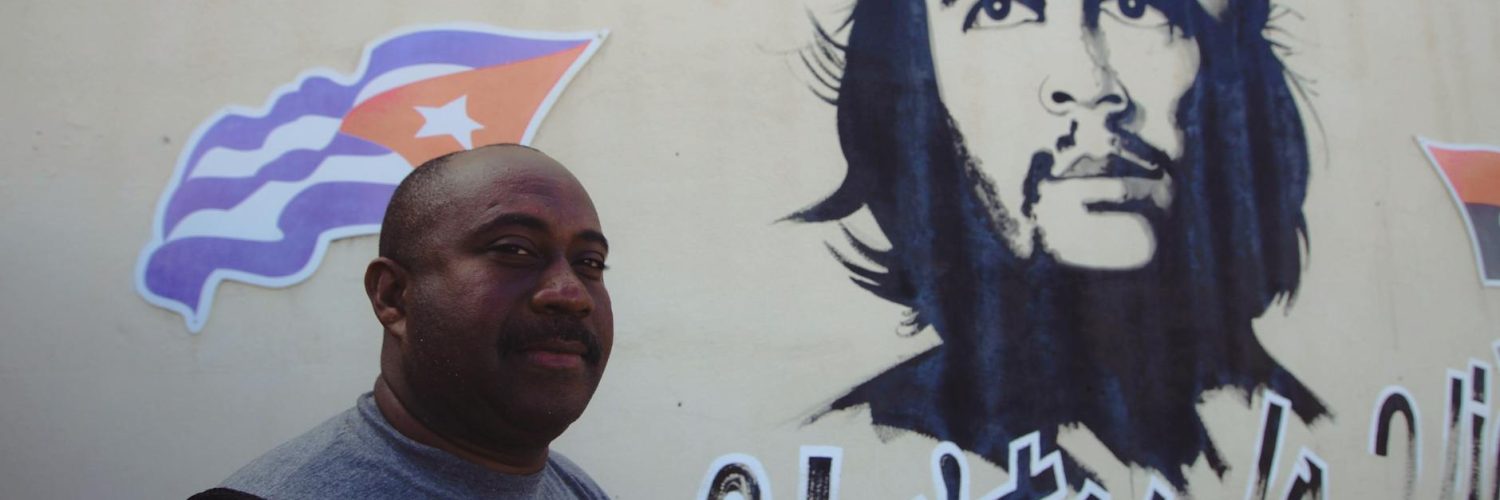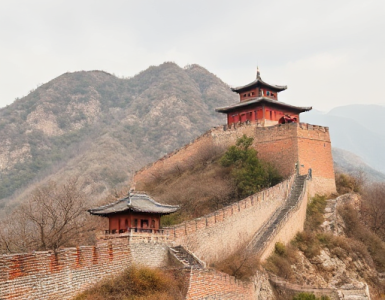Ever wondered why we shake hands? Or why we eat turkey on Thanksgiving? The answers, my friends, are way more bizarre and fascinating than you might think. History isn’t just dusty old textbooks; it’s a hilarious, chaotic mess of accidental inventions, bizarre customs, and completely unexpected connections that continue to shape our world today. Let’s dive into some of the most surprising links between cultural practices and historical events – prepare for a wild ride!
The Humble Handshake: A Surprisingly Violent Origin?
That friendly handshake? It wasn’t always a symbol of peace and goodwill. Some historians believe its origins lie in ancient times, a way to show you weren’t carrying a weapon. By extending your empty hand, you were essentially saying, “See? No hidden daggers!” Talk about a peaceful approach to conflict resolution. Or, maybe not so peaceful considering the implied threat.
The Surprisingly Spicy History of Chili Peppers
Chili peppers, those fiery fruits of culinary delight (or fiery torment, depending on your spice tolerance), were once considered more of a status symbol than a pantry staple. The Aztec Empire, for instance, valued them highly. The arrival of these peppers in Europe sparked a whole new culinary revolution! Imagine the astonished faces of European palates encountering that level of heat! This introduction changed cuisines across the globe, showing how historical explorations can lead to some seriously spicy outcomes.
Turkey Day’s Unexpected Guest: The Wild Bird
Thanksgiving’s star, the turkey, wasn’t always the centerpiece. Early American settlers didn’t initially choose the turkey as their celebratory bird. Different wild game was quite common. The shift towards a turkey-centric feast is a complex story involving availability, tradition, and, let’s face it, the sheer deliciousness of a well-roasted bird. But hey, can you imagine Thanksgiving with a different centerpiece? The culinary imagination runs wild.
The Accidental Invention of Champagne: A Happy Mistake
Sometimes, the best things happen by accident. Take Champagne, for instance. The sparkling wine we associate with celebrations wasn’t intentionally created. Early winemakers were stumped by a mysterious secondary fermentation causing bubbles. It was later embraced, ultimately becoming a global symbol of celebration. It’s a testament to mankind’s ability to transform mishaps into masterpieces.
The Unexpected Legacy of the Roman Empire: Spaghetti?
You might be surprised to learn that some food historians trace the origins of spaghetti to the Roman Empire! While the long, thin strands we know today didn’t exist, ancient Roman recipes for pasta-like dishes were quite prevalent. The culinary evolution from then until now is a testament to how much food can transform through time and across cultures.
The Curious Case of the Fork: A Latecomer to the Table
The humble fork? A surprisingly late arrival to the dining scene. For centuries, people ate with their hands, knives, or spoons. The fork’s initial adoption was met with suspicion, even considered somewhat effeminate. It took centuries for it to become the ubiquitous dining utensil we know and love today, further highlighting the slow, but ultimately victorious evolution of table manners.
Cats and Plague: A Surprisingly Purrfect Partnership
During the Black Death, cats were mercilessly slaughtered. Why? People, tragically mistaken in their thinking, believed cats were agents of the plague. The result? Rat populations exploded, further spreading the disease. The irony is almost too much to bear. So, the next time you see a cat, remember its unexpected, albeit slightly morbid, contribution to historical events.
Potatoes and the Irish: A Love Story Gone Wrong
The potato’s importance in Irish culture is well-known, but the story of how the potato became a staple crop is less discussed. Their introduction into the Irish diet was a game-changer, leading to a population boom. However, the reliance on a single crop became a catastrophic vulnerability during the Great Famine, leading to widespread starvation. A stark reminder of how cultural reliance can have unforeseen, devastating consequences.
Tea and the British Empire: A Brewed-Up History
Tea’s role in British cultural and political history should be self-evident. Tea parties, afternoon tea, the very idea of “tea time” is deeply ingrained. But the impact of tea goes far beyond simple social rituals. The British Empire’s expansion was heavily influenced by the demand for tea, leading to trade routes, political alliances, and, of course, a healthy dose of cultural exchange (and colonialism). The cultural ramifications of this are profound and complex.
From Humble Beginnings to Global Phenomenons: Unexpected Cultural Journeys
These are just a few examples illustrating the complex, often comical, and always fascinating interplay between history and culture. The origins of many of our daily practices and traditions are shrouded in unexpected stories, accidental discoveries, and sometimes, outright mistakes. Exploring these connections provides a richer, more nuanced understanding of the world around us.
So, the next time you reach for a fork, share a laugh over a glass of Champagne, or settle in for Thanksgiving dinner, take a moment to appreciate the wild journey these things have taken. History truly is a remarkable, sometimes hilarious, and always unexpected cocktail. ¿Cuál fue la primera civilización de la Historia?
























Añadir un comentario